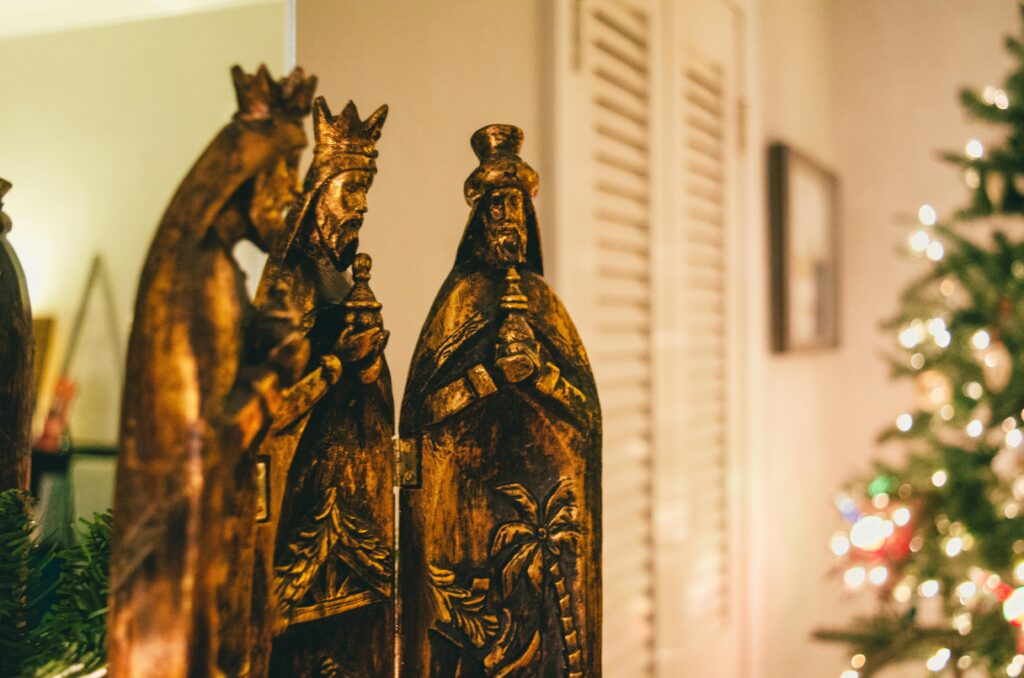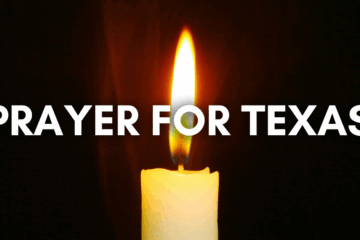“And do not be conformed to this world, but be transformed by the renewing of your mind, in order to prove by you what is that good and pleasing and perfect will of God.” (Rom 12:2)
The seemingly obscure events surrounding the birth of a Jewish baby in a manger in Bethlehem, barely revealed to anyone at the time, except to a small group of people in the vicinity, succeeded in engaging the entire world in an unsuspected movement, bringing all Creation closer to its Demiurge. Like a stone creating ripples in water, a humble event can attain inconceivable consequences, remote from its origin.
We tend to imagine God’s activity in the world on a large scale, with ample gestures of engagement, sweeping in grandiose motion cities, mountains, and oceans, but, in fact, most of the time, He acts delicately, with surgical precision, obtaining the desired effect with the least of intrusion. This is why Christ’s arrival into the world was met with caution and disbelief rather than pomp and circumstance. Nonetheless, the effects of this minimal intervention were experienced by all surrounding it and, ultimately, by all of us.
Joseph, the betrothed of Mary, is set as a prime example. The established Western depiction of the Nativity scene presents us with the triumphal image of a happy, young, Holy Family, elated to bring the promised Messiah to the world. Joseph, in fact, an elderly widower, was haunted by conflicting thoughts regarding the pregnant Mary and her baby. Was he not expecting the Messiah? Of course, he was from David’s line after all (see his genealogy in Matthew’s Gospel), but how could he imagine that the Savior of his people, expected to restore Israel’s Kingdom on earth, would choose a pregnant teenager as the vehicle of His manifestation? As he resolves to handle the issue to protect Mary from dishonor and punishment, (Matt 1:20-21), God acts and swiftly changes his mind through an angel encounter. It was within God’s divine providence that Joseph, a man of great righteousness, would be inspired by the reassurance given to him. His renewed faith enables him to embrace his calling as the protector of the Virgin and her newborn child with unwavering dedication and resolve.
Minding their flocks in the fields, the unsuspecting shepherds, are likewise troubled by the angels’ apparition, but soothed by their words, they welcome the newborn, becoming themselves through the encounter with Jesus Christ, vehicles of the Gospel, spreading the good news among their people (Luke 2:20).
The most unexpected participants in the Incarnation are the Magi. Idolaters, most likely, and preoccupied with science and the exploration of the known universe, they are captivated by a single wandering star. Out of the vastness of the cosmos, a gleaming star becomes a guide for them, just as the pillar of fire was for the people of Israel, guiding them to meet the King of Kings. Uncertain of their goal and the prize at the end of their quest, they set to meet Christ and offer him prophetic gifts. The Biblical account leaves us wanting after their departure, but the Holy Tradition picks up the story and names them Gaspar, Melchior, and Balthasar, informing us of their baptism by the Holy Apostle Thomas, who preached in the Far East. Their relics were brought back to Constantinople from Persia by Saint Helen and eventually found their resting place in the great cathedral of Koln, Germany. Behold the power of a minor detail! A mere twinkling star was all it took to elevate the magi to sainthood, which likely inspired countless conversions to the Christian faith.
In this iconic nativity scene, the Theotokos remains the only one unwavering in her determination to fulfill God’s will. Receiving herself the visit of an angel, without being afraid, she affirms her mission and abandons herself completely into God’s providence. Despite the uninspired question posed by a modern Christmas song, she is the only one who knows. She knows because she has already encountered God in her unceasing prayers, her preparation in the temple, and the manna fed to her by the angel in the holy of the holies. She is ready to become the true ark of the real presence of God. She might look like an insignificant teenager, but she is indeed the only fit receptacle of God’s Incarnation.
This short examination of the main characters of the Nativity icon begs the conclusion that insignificant events in our lives can lead to meaningful changes. We may lead ordinary lives, but God still acts at every moment. The overlooked episode of our Christian baptism continues to act within us with the power to guide us toward the One Whom we have received as a baptismal garment. Unforeseen and often painful events may contain necessary lessons and unexpected epiphanies, indispensable for our spiritual growth.
At the same time, meaningful engagement in our faith through humble and ordinary activities like daily prayers, reading the Scriptures, participation in the Holy Mysteries, acts of charity, and so on provide us with just as many encounters with God. Not all of them will lead to amazing discoveries or supernatural gifts. Still, sometimes, a verse, a gleaming candlelight in front of an icon, or an inspired hymn chanted in worship may lead to a personal re-conversion to the original purpose of our Baptism: to be like Mary, receptacles of the incarnate God.
There is a suggestive passage in the gospel of Luke: “And His mother and His brothers came to Him. And they could not come near Him because of the crowd. And it was told to Him by some, who said, Your mother and Your brothers are standing outside desiring to see You. And He answered and said to them, My mother and My brothers are those who hear the Word of God and do it. (Luke 8:19-21) The Incarnation is not just the concern of Mary, Joseph, the magi, or the shepherds; this seemingly distant event concerns all of us, today. Abiding by the Gospel in the smallest of the commandments renders us participants in His life, brothers of Christ and, in Him, sons and daughters of the Father in the Holy Spirit.
As Christ is thus born in us, the events of His Divine Economy are also recapitulated in our lives: the birth through the Holy Spirit from the Virginal womb of the Church, the miracle of the healing of our souls, the assuming of the cross of our lives, our crucifixion by a world lacking the proper understanding of the Gospel, but also our daily resurrection through unwavering faith in Him. We may not be capable of doing anything out of the ordinary, but it is precisely through the unremarkable things done in his name, not by one alone, but by His entire Body of the faithful, that the world is changed and offered to Him, to bless it and make it a Bride fit for Himself.




0 Comments